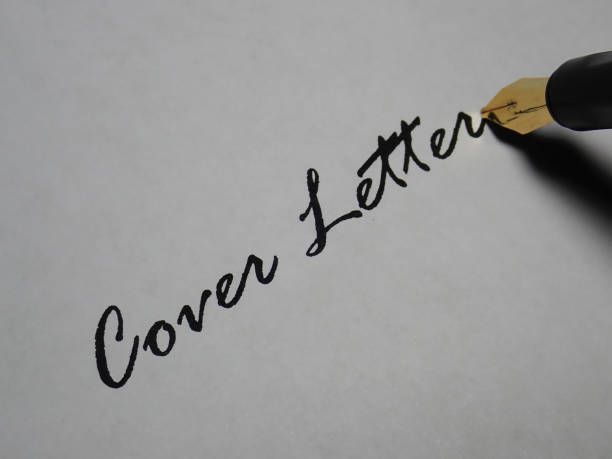The Cover Letter Structure Every Job Applicant Should Know

With so many resumes and cover letters out there, it’s hard to know which one might be the best to use. In this article, we’ll show you the structure of a cover letter that will be guaranteed to catch a recruiter’s eye and make them want to read your resume.
When one needs to apply for a job, your cover letter is mostly the first impression observed by the hiring manager. As such, it’s vital to take the time to craft a well-written, professional cover letter that can help you stand out from many other applicants.
Not sure where to start? This guide will show you the cover letter structure every job applicant should know, including what information to include in each section and tips for writing a strong cover letter that will get you noticed.
The cover letter’s purpose
The main aim of a cover letter is to introduce yourself as well as explain why you are qualified for the position you are applying for. A cover letter, generally, should be concise and to the point. It should not be more than one page. It should also s tailored to the specific position you are applying for.
Structure of a Cover letter
When it comes to the structure of a cover letter, there are three several points you need to keep in mind: the salutation, the body, and the closing.
The salutation is the first thing you’ll write, and it should be addressed to the particular person who will be reading your letter. If you are not aware of the name of the person, you can use a generic title like “Dear hiring manager.”
The body of your cover letter is the main part where you’ll sell yourself as a candidate. This is where you’ll talk about your qualifications and why you’re a good fit for the job. Keep it concise and focus on the most important points.
You may also like these articles:
- How to Write a Letter of Intent: A Step-By-Step Guide
- How To Close A Letter: Tips And Tricks
- Cover Letter: What Goes Into A Perfect Cover Letter
- How to Get Promoted At Work: A Complete Guide
Frequently Asked Questions
When should you send a cover letter?
When you are applying for a job, you should always send a cover letter along with your resume. A cover letter is one effective way to introduce yourself to the hiring manager and tell them why you are the perfect individual for the job.
There are a few different times when you should send a cover letter. The first is when you are applying for a job that has been advertised. In this case, you will want to include the specific job title in the subject line of your email so that the hiring manager knows what position you are applying for.
The second time you should send a cover letter is when you are reaching out to a company that has not advertised a specific job opening. This is known as a cold contact cover letter. In this case, you will want to research the company and find the name of the hiring manager so that you can address your letter directly to them.
Finally, you may also want to send a cover letter even if the job listing does not specifically ask for one. Including a cover letter shows that you are willing and capable of going above and beyond in your application process, and it may give you an edge over other candidates who did not bother to include one.
If you decide to send a cover letter, make sure that it is well-written and free of any grammar or spelling errors. You should also take the time to customize each cover letter for each individual job that you apply for. Generic letters will not make a good impression on hiring.
How long should it be?
There’s no one-size-fits-all reply to this question, as the length of your cover letter will depend on your experience and the specific job you’re applying for. However, in general, a good rule of thumb refers to keeping your cover letter to one page. This will give you enough space to introduce yourself and explain why you’re a qualified candidate for the position without overwhelming the reader with too much information.
Should you mention your salary expectations in the cover letter?
There is no exact simple answer to this question. It depends on the company culture, the job market in your field, and your personal preference.
In general, it is best to avoid mentioning salary expectations in your cover letter. The employer will usually bring up the topic during the interview process. If you mention salary expectations in your cover letter, you may price yourself out of a job or lowball yourself and leave money on the table.
Some job seekers choose to mention salary expectations in their cover letters as a way to filter out employers who are not willing to pay what they are worth. If you decide to mention salary expectations in your cover letter, ensure to do your research ahead of time so you have a realistic idea of what the position pays.
Conclusion
A well-written cover letter can be the key to getting your foot in the door with a company. By following the tips above, you can make sure that your cover letter is structured correctly and makes a strong impression on potential employers. So take the time to craft a good one, and you may just find yourself landing that dream job in no time. The closing is where you’ll wrap up your letter and thank the reader for their time. You can also include a call to action here, such as asking for an interview. For more tips on writing a good letter, visit Dailygam.com.






